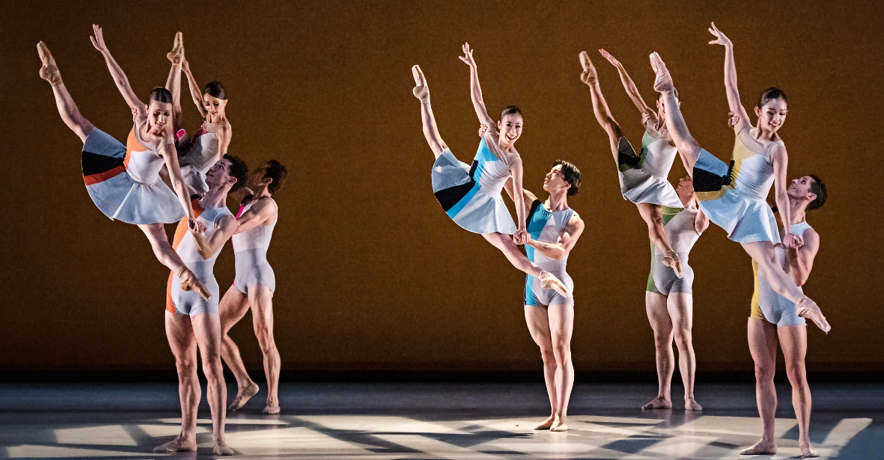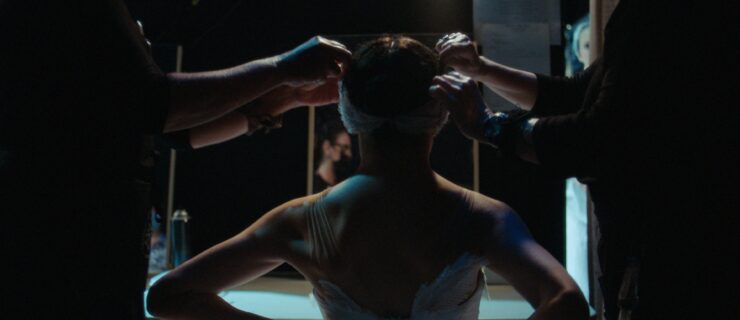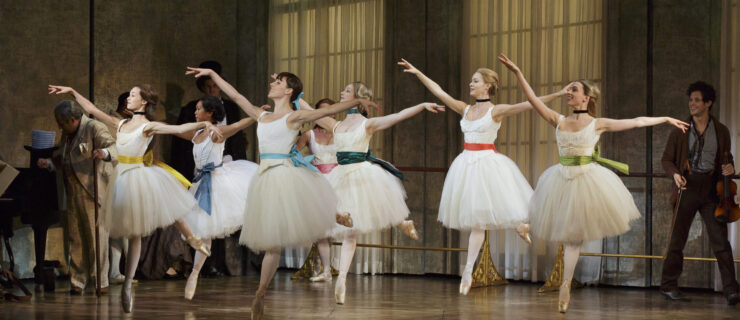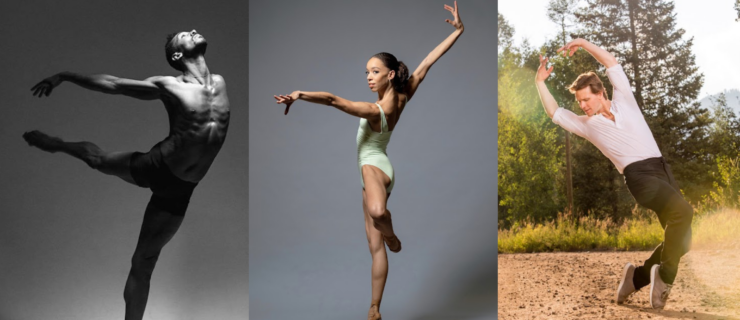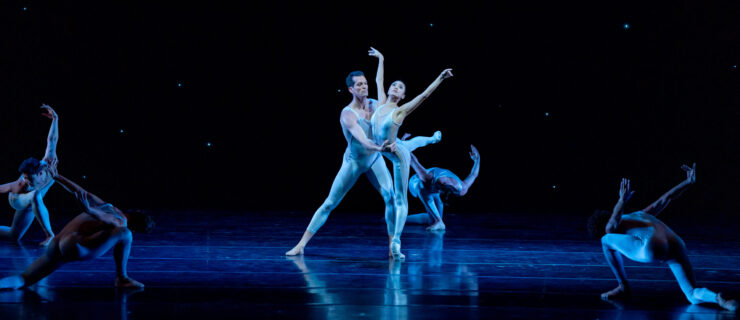BalletMet’s “Asian Voices” Program Celebrates Leading Choreographers
As one of the first Asian American artistic directors for a major U.S. company, Edwaard Liang has been a groundbreaker in ballet. BalletMet, in Columbus, Ohio, has been Liang’s home since 2013, but he was recently appointed as the new artistic director for The Washington Ballet, where he is the first person of color to lead the organization. Before he wraps his tenure at BalletMet, Liang will present Asian Voices, a program championing Asian and Asian American choreographers.
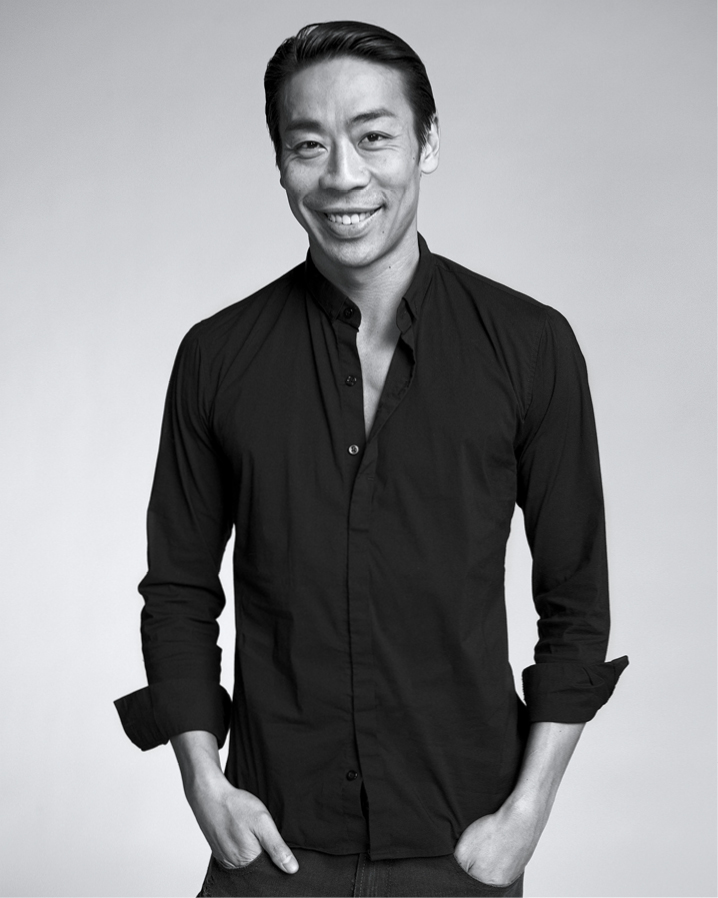
Asian Voices will run March 15–23 at the Davidson Theatre in Columbus and features Liang’s Seasons, Ma Cong’s Flight of Fancy, and a world premiere by Yue Yin entitled Timeless Tide. Seasons was inspired by Max Richter’s recomposition of Vivaldi’s Four Seasons and made its world premiere with BalletMet in 2022. Cong’s Flight of Fancy, making its Columbus debut, explores the joy of first-time experiences and memories, with music from Oliver Davis. Finally, Yin’s Timeless Tide is an emotional abstract piece with music commissioned from Michel Banabila.
Liang’s works will also be featured in upcoming summer festivals. Seasons will be performed in a similar program, also titled Asian Voices, as part of Ballet West’s Choreographic Festival VI June 5–8. He’ll then be among the choreographers in 10,000 Dreams: A Celebration of Asian Choreography, which runs June 18–23 at the Kennedy Center.
Pointe spoke with Liang to learn more about how BalletMet’s upcoming performance is amplifying the work of Asian and Asian American artists.
What was the inspiration for creating this program?
I really wanted to be able to have a platform to highlight Asian choreographers. Why I called it Asian Voices is because as a minority group, the feeling is that Asians and Asian Americans generally are seen but not heard.
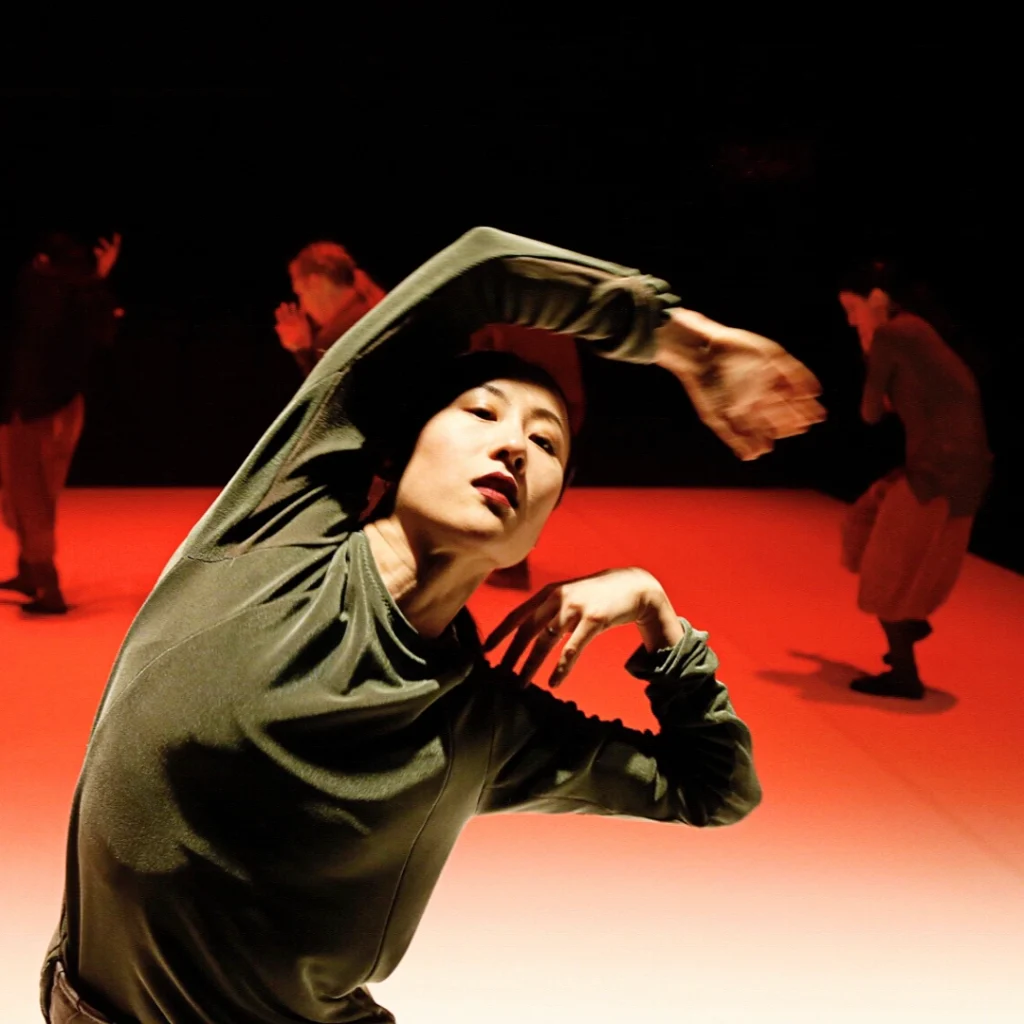
As an Asian choreographer yourself, can you talk about the significance of this program for you personally and for the industry?
I think a path is what this industry needs, whether it is 10,000 Dreams at the Kennedy Center later this year or Ballet West also having their own Asian Voices program. What’s exciting is when movement is on a national basis and you are part of the conversation to highlight areas that need to be bolstered up. Personally, it is a great way [for Asians] to be acknowledged and to be proud of being part of the American dance tapestry. We all want to be seen and heard.
How did you decide on the choreographers that you’ll be featuring?
It was pretty much about [highlighting] choreographers that I look up to. Ma is someone I knew would be great to bring back, since he’s choreographed a number of ballets during my tenure at BalletMet and during past leadership. And I have been wanting to program Yue for years now. Hopefully this is just the beginning. I hope this inspires other companies to program these individuals, or other Asian artists, in the future. Plus, if you look at Ma’s ballets, they are very different from mine, and Yue’s work is very different than Ma’s. I like to have an eclectic blend to show the range of voices.
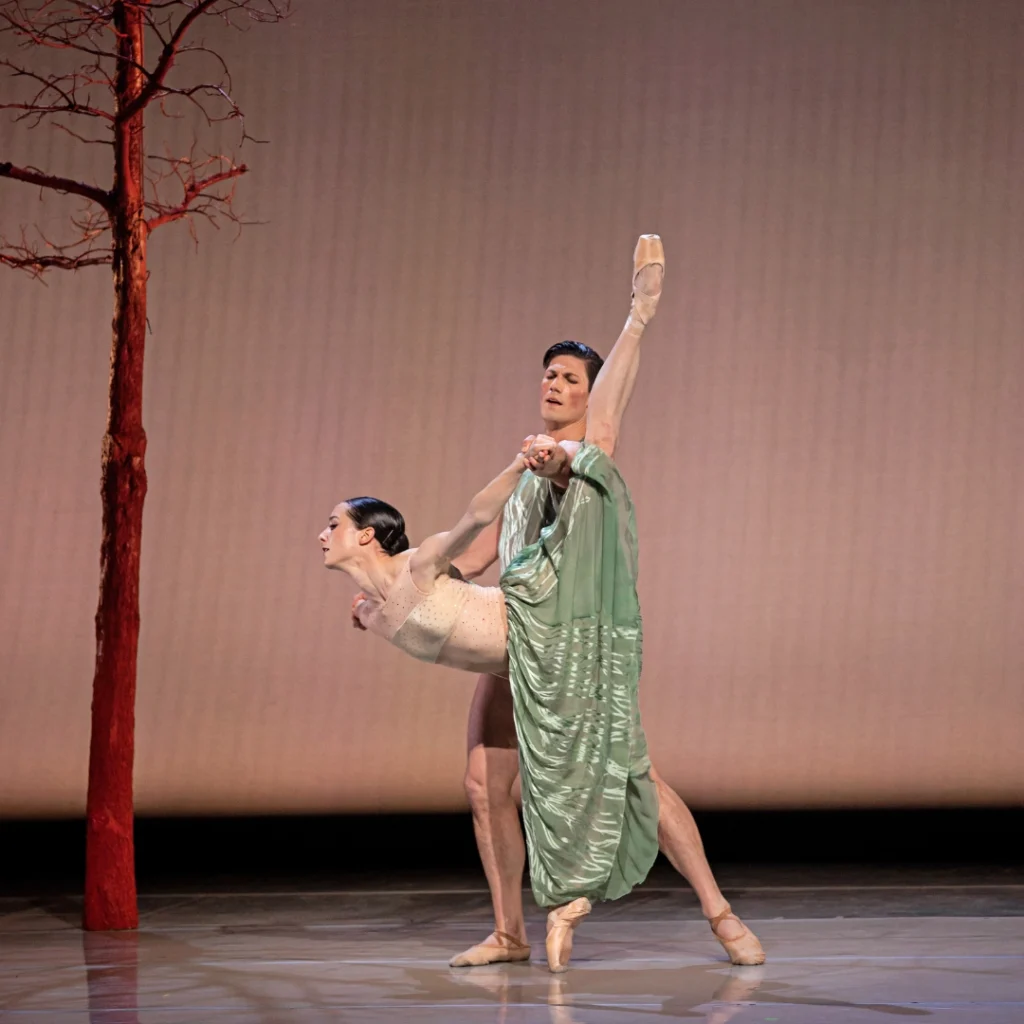
You will soon be fully relocating to DC. What are your future hopes for a program like Asian Voices at BalletMet?
It’s one thing to program Asian artists within a repertoire; it’s another thing to title it in this way where it really gives [them] emphasis. That’s not to say we’re only going to program Asian artists one time of the year, but my hope in creating this is that it shows this is of importance. It shows that other companies can follow suit and the success we can have not only culturally but financially.
What do you hope audiences will take away from Asian Voices?
I hope they feel invigorated that this program gives Asian artists a platform to showcase their importance. I want audiences to always leave changed—meaning touched, moved, and inspired.
